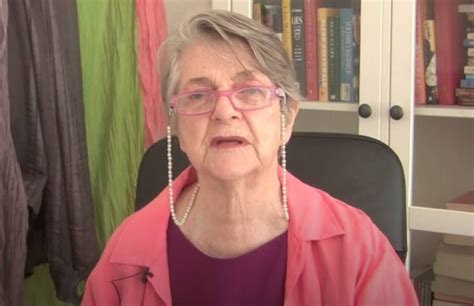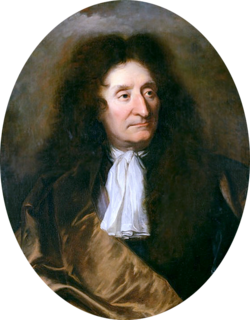A Quote by Virgil
Don't trust the horse, Trojans. Whatever it is, I fear the Greeks even bearing gifts. -Equo ne credite, Teucri. Quidquid id est, timeo Danaos et dona ferentes
Related Quotes
The Trojans lost the war because they fell for a really dumb trick. hey, there's a gigantic wooden horse outside and all the Greeks have left. Let's bring it inside! Not a formula for long-term survival. Now if they had formed a task force to study the Trojan Horse and report back to a committee, everyone wouldn't have been massacred.. Who says middle management is useless?
...Je n’ai pas cessé de l’être si c’est d’être jeune que d’aimer toujours !... L’humanité n’est pas un vain mot. Notre vie est faite d’amour, et ne plus aimer c’est ne plus vivre." (I have never ceased to be young, if being young is always loving... Humanity is not a vain word. Our life is made of love, and to love no longer is to live no longer.)
One might compare the relation of the ego to the id with that between a rider and his horse. The horse provides the locomotor energy, and the rider has the prerogative of determining the goal and of guiding the movements of his powerful mount towards it. But all too often in the relations between the ego and the id we find a picture of the less ideal situation in which the rider is obliged to guide his horse in the direction in which it itself wants to go.

































